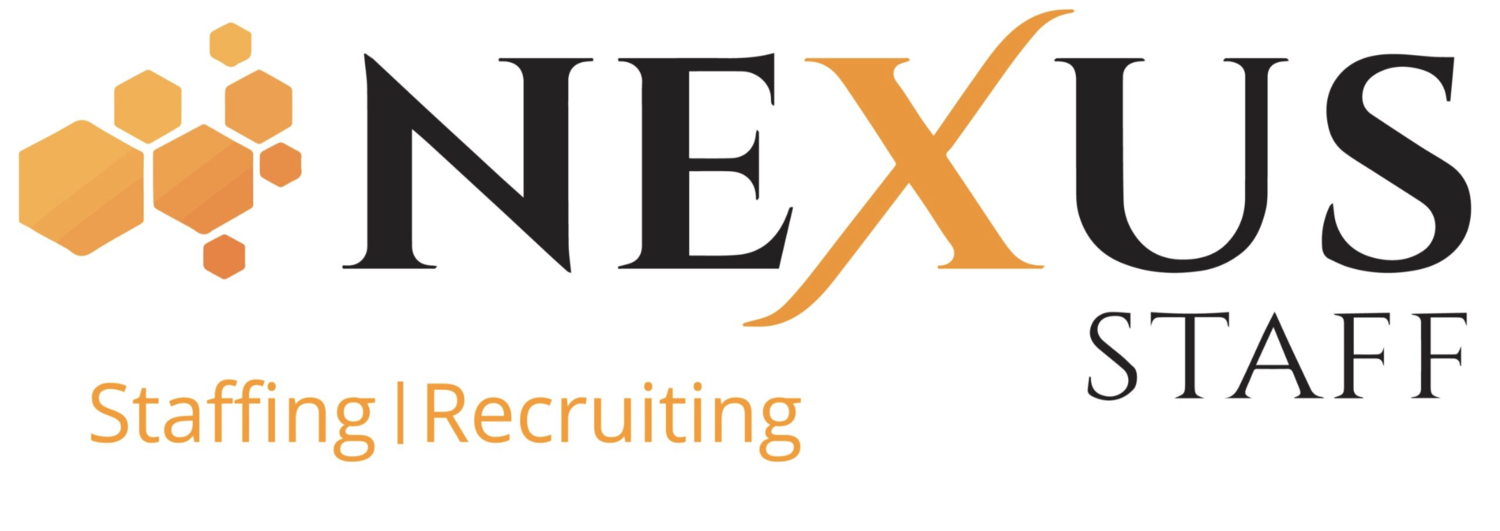How To Land A Job In A New Field
Whether you’ve come to find the degree you’ve worked so hard for isn’t for you after all or after years in the same industry you’ve discovered a new passion, making a switch to a new field can be difficult. Without relevant experience, it’s hard to get a job, but without a job, it’s also hard to gain any experience – leading many people to feel stuck in one place or not sure where to begin.
If this seemingly never-ending cycle sounds familiar, you’ve come to the right place! Keep reading for seven tips on finding a job in a new field.
Do your research
Before jumping into a career change, you’ll need to research the industry and potential jobs you are interested in. Find the skills needed most in that industry and learn more about leading organizations – the work that they do, competitors, their reputation, and even the organization’s current employees. This will give you a strong understanding of where to begin when it comes to learning new skills, who to reach out to, and the exact organization you want to one day be a part of. You might also come across upcoming networking opportunities like career fairs and conferences or even particular job openings you want to apply to.
Remain optimistic, yet realistic
Finding a new job under normal circumstances can be challenging enough, but add in a lack of relevant experience and finding a job in a completely new field can be even more frustrating. Throughout this time, you’re likely to be met with lots of rejection and scrutiny, so it can be important to take a step back and reevaluate the positions you are applying to. Although you may have been well-established in your previous field, you will need to think realistically while applying to jobs in a different field, meaning perhaps a lower level job would make more sense. Keep your end goal in mind and remember that your hard work will eventually pay off if you take each rejection as a redirection to learn more, rather than a failure.
Learn new skills
Again, without having relevant experience, it can seem impossible to land a job, but without a job, it is also difficult to gain any experience. Therefore, in order to get out of this cycle, you will need to work toward upskilling to the best of your abilities. Whether this means completing career certifications, attending workshops or seminars, or even earning a college degree, taking time to learn more about your desired field shows your dedication and commitment to expanding your expertise.
Volunteer
Volunteering is an excellent way to learn more about a specific organization or field you are interested in. By doing so you will be able to gain valuable skills that can be added to your resume or used as talking points throughout your interviews. Even if the exact organization you had your eye on or your desired field does not have any opportunities available, volunteering in general can help you learn transferable soft skills that can be used in any industry.
Rework your hiring materials
For each job you apply to, you should be updating and reworking your resume and cover letter to better reflect that position. However, editing your hiring materials for a completely new field may take even more work. While your work experience may not drastically change, the way you feature your experiences can change. For example, if your past resumes have focused heavily on your job descriptions and the hard skills you used, try focusing on the soft skills that were also used in these positions. When it comes to your cover letter, don’t be afraid to take a more personable approach to explaining your background, your decision to make a career change, and how you are committed to learning more about your new-found passions. Be sure to highlight the new skills you have learned, volunteering efforts you have made, and research you have done in order to express your continued interest and dedication in making the switch.
Build your network
Reach out to people in your desired field that you want to learn from. Ask about their experiences, advice that they have, and even if they know of any specific job openings you can apply to. While networking may be uncomfortable at first, it can be just what you need to get your foot in the door at a particular company or to learn more about your new field.
Get out there and apply
After putting in the work to refresh your hiring materials, research potential roles, strengthen your network, and build your skills, it’s time to put yourself out there and start applying to positions. Take what you have learned throughout this process and continue to keep an open mind. If you’re not sure where to begin, contact Nexus Staff for a personalized recruitment experience. Our team is ready to help you find the right match for your newly perfected skills!









